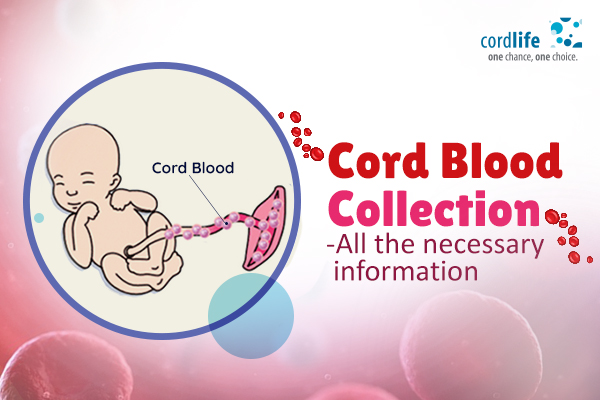Table of Contents
During the pregnancy, the umbilical cord is connected to you and your baby, well before your baby is born. In fact, while the baby is developing in the womb, it gets its essential nutrients and oxygen from the umbilical cord blood.
Earlier, once the babies were born, the cord-cutting was immediately done and the cord was treated as a medical waste. With the advent of cord blood stem cell therapy, however, the whole scenario has changed. Research has also indicated that the cord with the cord blood consists of stem cells, used for treating various life-threatening diseases.
So, there are banks that collect and store this cord blood for your baby’s health and your family’s healthy future.
Read this engaging article on the process of cord blood collection:
Painless and Safe Collection
The banks can carry out the collection process of the cord blood, whether your baby is born vaginally or you might have had a C-section. Once the baby is delivered, the hospital staff will cut and clamp the cord a few inches apart from the baby and use a sterile needle and bag to collect the cord blood. However, there are ex-utero and in-utero methods of cord blood collection. While, in the former, a syringe is injected into the umbilical cord to drain the blood cells, in the latter the medical fraternity waits for the placenta to be delivered before collecting the blood. Since the cord does not have nerves, the whole process of cord blood collection takes place without causing any pain to you and your baby.
Cord Blood Collection Kit is a Must
You must remember, that a month or two before your delivery, the cord blood bank where you signed the agreement form, and filled up the questionnaire about your family health history, had provided you with a Cord Blood Collection Kit. This kit has all the important materials to complete the process of collecting cord blood.
The amount of Blood Collected
The amount of cord blood directly depends on the weight of your newborn. It may be as much as 20% more if the weight exceeds 3.2 kg. In the case of caesarean delivery, it is a bit more complicated, but the collection still takes place. However, The amount collected might be smaller. So, generally, a 150 ml bag is offered to collect up to 128 ml of cord blood and the rest is filled up with anticoagulant. The excess might get wasted. But, some cord blood banks walk that extra mile for you. They provide a 250 ml cord blood collection bag to the obstetricians which has the capacity of collecting almost 72% blood. That means 215 ml as it contains 35 ml anticoagulant (215 – 128), which is almost 90 ml extra.
To Conclude
The entire collection process is carried out by some of the trained healthcare providers. They understand that the blood collected won’t last more than 5 minutes. So, they use the most effective ways while collecting the cord blood and ensure that the bag or container is properly labelled before sending it to the lab for processing, testing and newborn cord blood banking.
